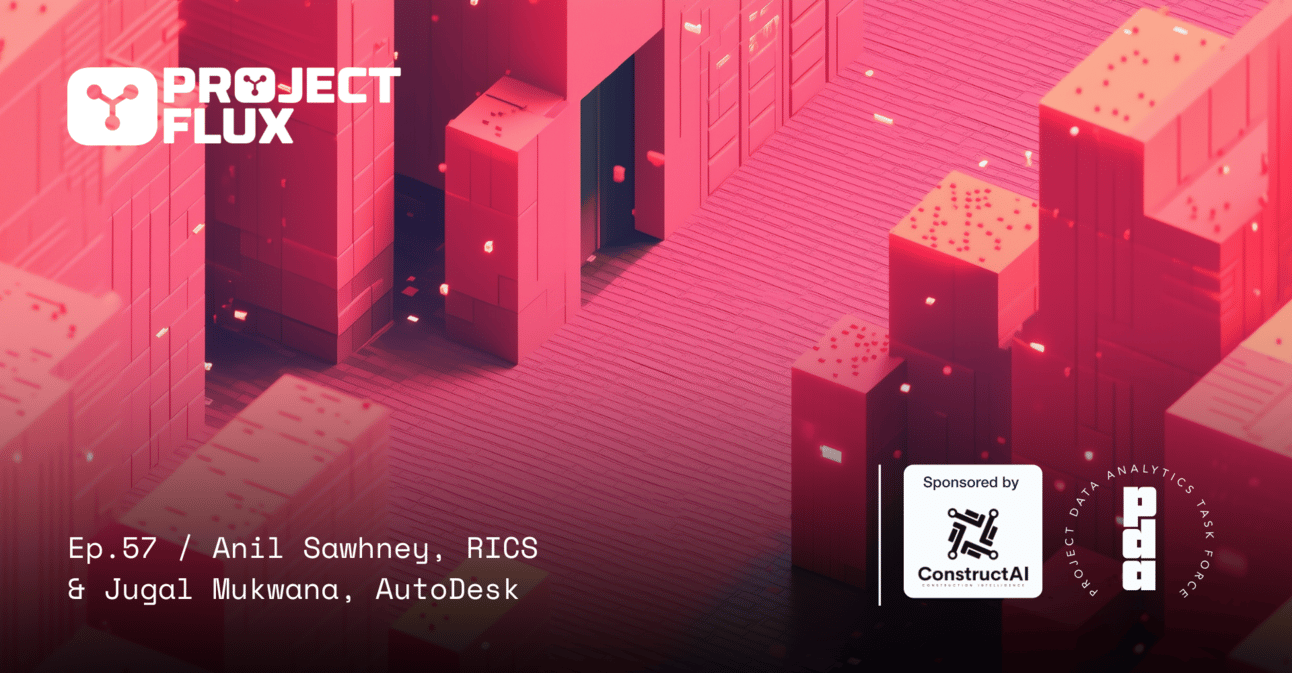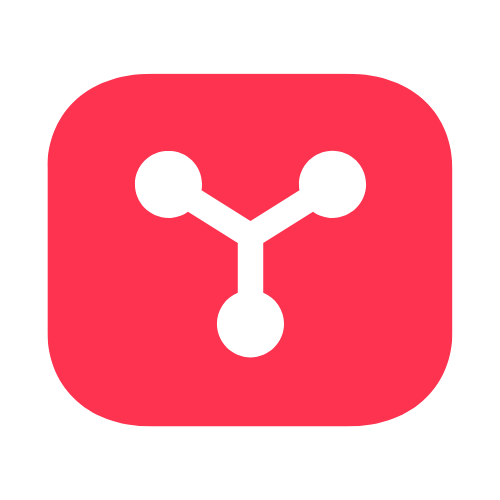
Proudly sponsored by ConstructAI, brought to you by Weston Analytics.
Morning Project AI enthusiasts, Your stories for this week:
Apple and Anthropic Partner on Next-Gen AI Coding Assistant
Google’s Gemini 2.5 Pro Gets Major Coding and Web Development Boost
ChatGPT’s New Direct Connection to GitHub
FutureHouse Launches ‘Superhuman’ AI Research Agents
Flux check-in
Apple and Anthropic Partner on Next-Gen AI Coding Assistant
Apple is reportedly collaborating with Anthropic to integrate advanced artificial intelligence capabilities into its Xcode coding platform. The partnership aims to leverage Anthropic's Claude Sonnet model to develop an internal coding assistant designed to generate, edit, and test code. This development signals a significant step towards what some are calling "vibe coding," an emerging trend where AI plays a substantial role in the software development lifecycle.
For project delivery professionals, particularly those involved in software development projects or managing coding teams within the construction, engineering, and architecture sectors, this innovation holds considerable promise. The integration of such an AI assistant could lead to marked improvements in coding efficiency, potentially accelerating project timelines and contributing to a reduction in overall development costs. The ability for AI to assist with complex coding tasks could free up developers to focus on higher-level design and problem-solving, ultimately enhancing productivity and the quality of software deliverables.
Source: The Verge
Google’s Gemini 2.5 Pro Gets Major Coding and Web Development Boost
There’s a quiet evolution happening. While most users still measure AI by output quality or speed, the real shift is architectural. Models are beginning to hold memory, manage context across sessions, and act as reasoning companions. Gemini 2.5 Pro is a step in that direction. Not because it’s flashier, but because it’s quieter — more grounded in persistence, utility, and systemic function.
With structured reasoning, multimodal fluency, and a million-token memory, it’s quietly redefining what “intelligent” means.
Developers are calling it a “senior engineer,” capable of refactoring code, debugging with logic, and building functional web apps across documents, images, and threads. And thanks to native integration with Docs, Gmail, and Sheets, it slips easily into daily workflows.
The system has its edges — slowdowns in reasoning mode, confusing billing, and less cultural pull than ChatGPT — but for technical users, Gemini is quickly becoming the go-to.
Flux’s take? Gemini 2.5 Pro isn’t about speed. It’s about staying power. The kind of AI that doesn’t just answer, but builds with you — over time, in context.
Rabbit hole
Together with Cogram
Power your construction bids with AI

Cogram’s AI-assisted RFP bidding tool writes tailored RFP proposals in minutes instead of weeks.
Automatically extract key details from the RFP — including scope, submission requirements, deadlines, and evaluation criteria — to easily make a go/no-go decision.
Cogram’s AI will then reference your firm’s knowledge base and past proposals to draft tailored proposals within minutes.
Use AI-assisted editing tools to review, cross-check data, and make improvements remarkably fast.
ChatGPT’s New Direct Connection to GitHub
Picture your research partner reading the room, not just the headlines, but the code, the debates, the unpolished footnotes of human thinking. With the latest update to ChatGPT’s Deep Research tool, OpenAI takes a step in that direction.
OpenAI’s latest update lets ChatGPT pull directly from GitHub issues, discussions, and documentation. It’s more than a feature — it marks a shift in how AI participates in research.
Now, when you ask a question, you might get back not just code snippets, but live threads where developers debate trade-offs and implementation quirks. It turns ChatGPT into a research partner that reasons through complexity, not just recalls facts.
For teams, it means less trawling through forums and more time for real problem-solving. In the built environment, we imagine this eventually helping navigate fragmented standards and compliance documents — with AI assembling the context, not just quoting it.
Access is live for ChatGPT Team users, rolling out to Plus and Pro soon. The UK’s still waiting.
Caveat: source quality matters. Flux’s take? Trust the model, but verify the trail.
Rabbit hole
FutureHouse Launches ‘Superhuman’ AI Research Agents
FutureHouse, a non-profit research organisation, has unveiled a suite of specialised AI research agents—named Crow, Falcon, Owl, and Phoenix—designed to significantly accelerate scientific discovery. These agents are engineered to outperform even seasoned PhD researchers by efficiently navigating and synthesising information from millions of academic papers and datasets, thereby addressing the critical “information bottleneck” often faced in complex research endeavours.
While the initial focus of these AI agents is on scientific research, their underlying capabilities have profound implications for project delivery professionals across various sectors, including construction, engineering, and architecture.
The ability of AI agents to rapidly crawl, synthesise, and analyse vast quantities of information is highly relevant for tasks such as conducting in-depth market research, gathering detailed technical specifications for projects, or performing comprehensive analysis of complex reports and regulatory documents. This technology could streamline information gathering and analysis, leading to more informed decision-making and potentially reducing the time and resources required for the research phases of projects.
Source: TechCrunch
The pulse check
Tip of the week
Master the AI Prompting Formula
To achieve better results from AI tools such as ChatGPT, Claude, or Gemini, adopting a structured approach to crafting your prompts is highly beneficial. The key steps to consider are:
Set the context: Clearly inform the AI of its role or your role. For instance, you might instruct it to ‘Act as a project manager specialising in large-scale construction projects’ or state ‘I am an architect preparing a preliminary design report.’
Share useful details: Briefly explain your objective, the intended audience for the output, or any relevant constraints. An example could be, ‘This summary is for a client proposal and needs to be concise and persuasive’ or ‘The analysis should focus on cost-saving measures applicable to sustainable building practices.’
Be direct about your intent: Explicitly state what you require the AI to do. For example, ‘Summarise the main points of the attached research paper regarding AI in structural engineering’ or ‘Generate a list of potential risks for a new urban development project.’
Define the output format: Specify how you wish the response to be structured. You could request, ‘Format the key findings as a table with three columns: Finding, Implication, and Recommendation’ or ‘Provide a 5-step implementation plan for integrating this new software.’
Employing this formula can help transform potentially wordy or generic AI responses into focused, actionable output that is precisely tailored to your needs, thereby saving valuable time on subsequent edits and refinements. This structured prompting technique is particularly useful for professionals in project delivery, enabling more efficient and effective use of AI tools in their daily workflows.
Trending tools
Keeping abreast of the latest tools can significantly enhance productivity and innovation in project delivery. Here are some trending tools that professionals in the construction, engineering, and architecture sectors might find particularly useful:
Gamma (gamma.app): This tool assists in creating AI-driven presentations, social media posts, and websites rapidly from simple prompts. It can be highly effective for quickly generating project reports, client presentations, or internal communications.
Cursor (cursor.so): An AI-powered coding platform and editor, Cursor offers an AI agent to help write, edit, and test code. This is particularly relevant for software development aspects of projects or for teams working with custom digital solutions.
Zapier MCP (zapier.com): Zapier's Multi-Channel Platform (MCP) allows users to connect AI agents to over 8,000 applications. This enables the automation of a wide array of tasks, such as sending emails, updating spreadsheets, or managing project notifications, thereby streamlining project management workflows.
STORYD (storyd.ai): STORYD is an AI-powered tool designed to generate polished business presentations from just a few sentences. It incorporates effective storytelling structures and allows for custom branding, simplifying the creation of compelling project pitch decks, progress reports, and stakeholder updates.
Governance
Microsoft Bans Employees from Using DeepSeek AI Model
Recent developments highlight the increasing corporate awareness and policy formulation surrounding the security risks associated with specific AI models. A notable example is Microsoft's decision to prohibit its employees from using the open-source reasoning AI model, DeepSeek R1. This model, developed by the Chinese startup DeepSeek, was banned due to concerns over data security and the potential for dissemination of propaganda.
This action by a major technology corporation underscores a critical consideration for project managers and professionals across all sectors, including construction, engineering, and architecture: the careful vetting and governance of AI tools, especially when dealing with sensitive project information, client data, or proprietary intellectual property. As AI integration becomes more prevalent in project delivery workflows, establishing clear internal policies and conducting thorough risk assessments for any third-party AI models or platforms is becoming an essential aspect of responsible technology adoption and data stewardship.
Source: Reuters
Other things we’re loving
Industry News:
Meta unleashes Llama API running 18x faster than OpenAI. (VentureBeat)
OpenAI takes its Stargate project global to help nations build AI infrastructure. (OpenAI)
AI is Draining Water From Areas That Need It The Most. (Bloomberg)
AI Agents & Capabilities:
AI agents can now shop, spend, and persuade—welcome to the machine economy. (Dr. Storm’s Substack)
AI is becoming more persuasive with personality. (Psychology Today)
Why Your $20 AI Agent Will Not Replace a Team (Podcast). (YouTube)
Top posts on Reddit are increasingly being generated by ChatGPT (Reddit)
Research & Development:
Hallucinations in AI models are getting worse. (Nature)
Google’s iOS app adds a “simplify” tool to summarise webpages. (Google Developers Blog)
DeepMind researchers develop a whole-body physics simulation of fruit fly locomotion. (Nature)
AI in Specific Sectors:
Community
The Spotlight Podcast

Disruption of the Disruptors: What Happens Next in Construction?
In this episode of the Project Flux podcast, James and Yoshi hosts Anil Sawhney and Jugal Makwana to discuss the transformative impact of AI on project management and construction. They explore the current trends in AI, the importance of intelligent use, and the challenges of integrating AI into existing workflows.
The conversation delves into the RAG framework for data utilisation, the role of agents in project management, and the necessity of human oversight in AI applications. They also address the need for a usable data ecosystem and the importance of standardisation in leveraging AI effectively.
One more thing

That’s it for today!
Before you go we’d love to know what you thought of today's newsletter to help us improve The Project Flux experience for you.
See you soon,
James, Yoshi and Aaron—Project Flux


